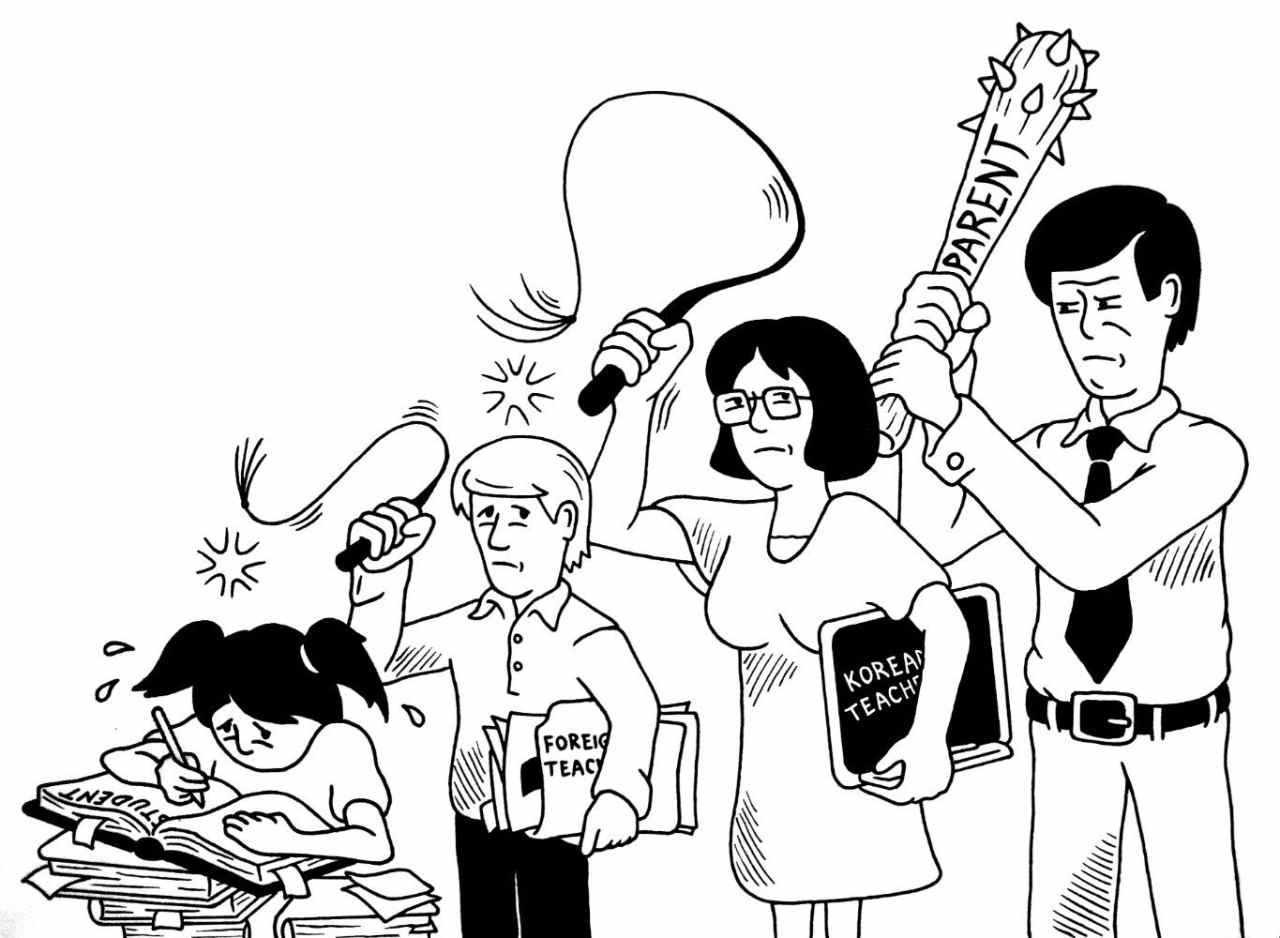How Capitalism Shaped Education
Many historians believe that the main driving force of the US economy to the world stage is its true capitalist economy. Starting from the first United States president George Washington, capitalism and individualism are seen as the backbone for this nation and the economic transformation it went through in the past two-hundred-fifty years. But what is capitalism? Well, capitalism is an economic system that rhapsodizes private ownership of trade, commerce, and industries with minimum government interference.
Capitalism In Practice
Ideals of capitalism lay beyond its textbook definition and fall within the relationship it creates between private citizens operating those industries and trade. This relationship is simply competition between various private citizens and some argue that market competition is at the heart of any capitalist system. The reason behind this assertion can be attributed to the idea that privatization at a large scare promotes competition that leads to innovation and creativity. This module although not perfect worked in different industries over the course of history and the one that stands out the most in the automotive industry where massive competition led to the creation of super-sonic vehicles that we see today.
Capitalism In Education
This capitalist principle fails short when implementing it in any educational environment. The American education system in both primary and secondary schools focuses on students' ability to memorize facts that in most cases is not applicable to their future career choices. Rather, memorization is seen as a measuring tool for higher education, and those that memorized a good deal are rewarded the most. Consequently, for these students seeking higher education, this created a tremendous amount of competition for colleges across the country that offer better education and opportunities for their students. In this environment that highlights competition between students over collaboration just like the market economy has a significant long-lasting impact on a student's life and future career.
Relegating the future and ability of a student solely based on numbers such as grades and test scores hinders innovation and creativity as it impedes collaboration and group working for the better good. However, it does not stop there in fact there is more damage is done for pinning students with each other and picking the very few that have perfect exam scores. This side effect ranges from anxiety to stress-related psychological disorders that have a consequential effect on student’s health in the long run.
Conclusion
It's undeniably that capitalism is at the core of the United States economy and prosperity. Recognizing the fact that capitalism and a capitalist economy encourage competition amongst different sectors and parts of society which leads to innovation is certainly undoubtable. However, when it comes to education at any level this module fails miserably as it creates a competitive setting that students are measured by how well and how much information they can memorize. This surely discourages collaboration and group work which is very essential in the development of students both personally and academically. Therefore implementing intense competition in academia does not do good for anyone especially for students.


